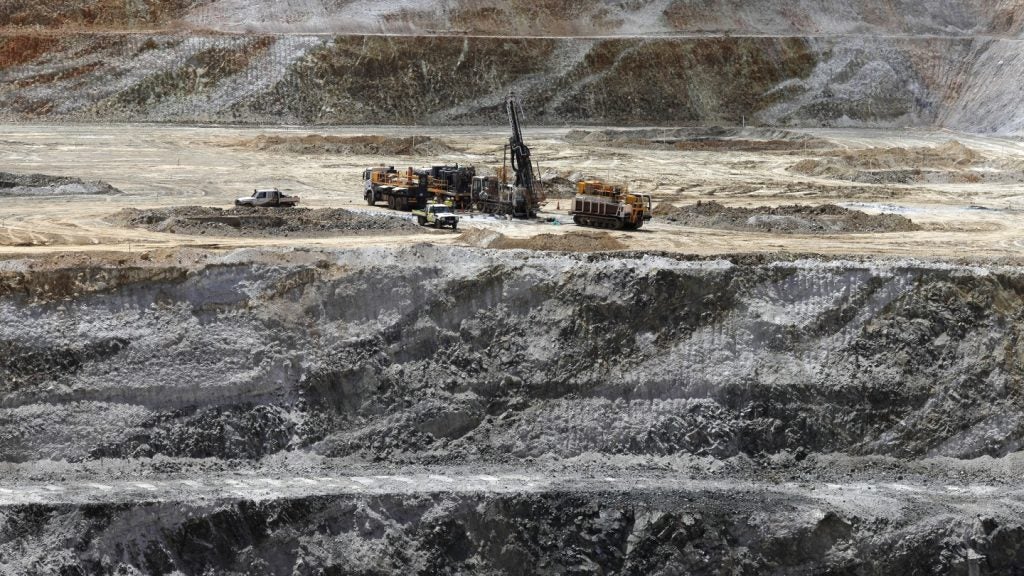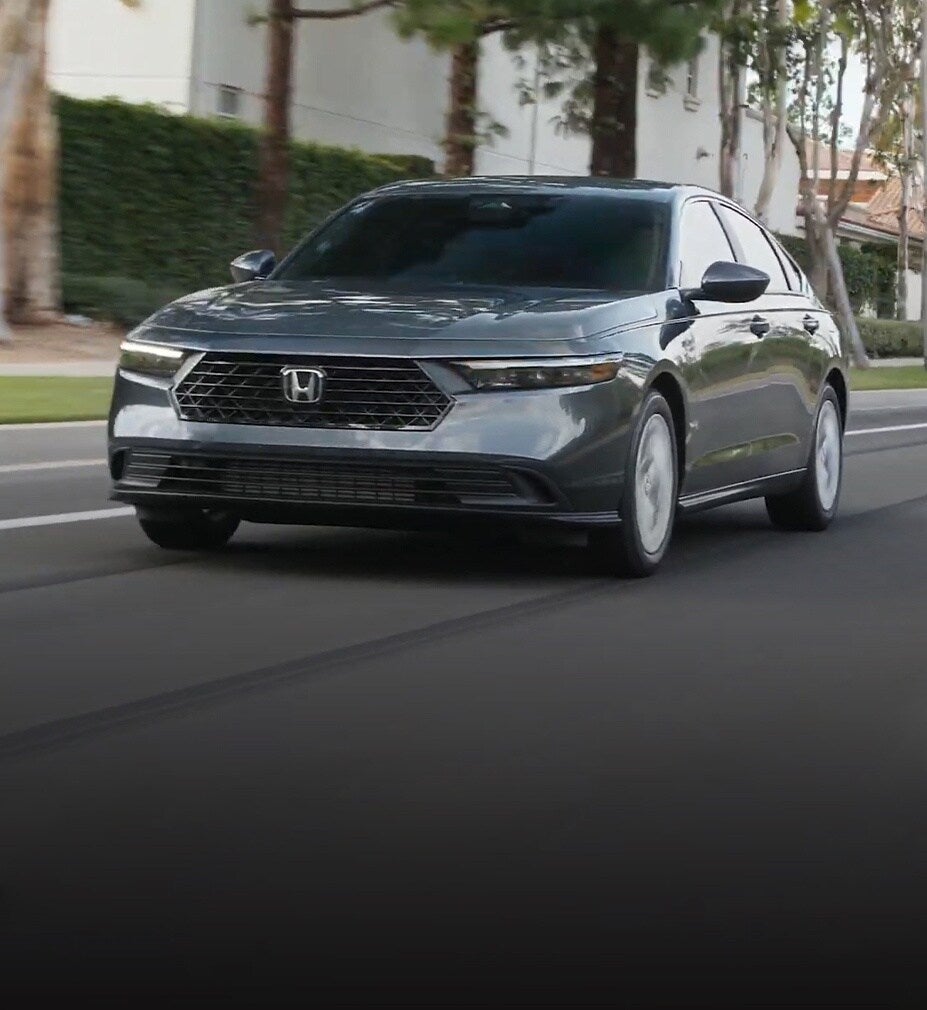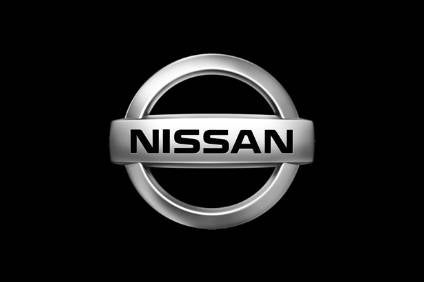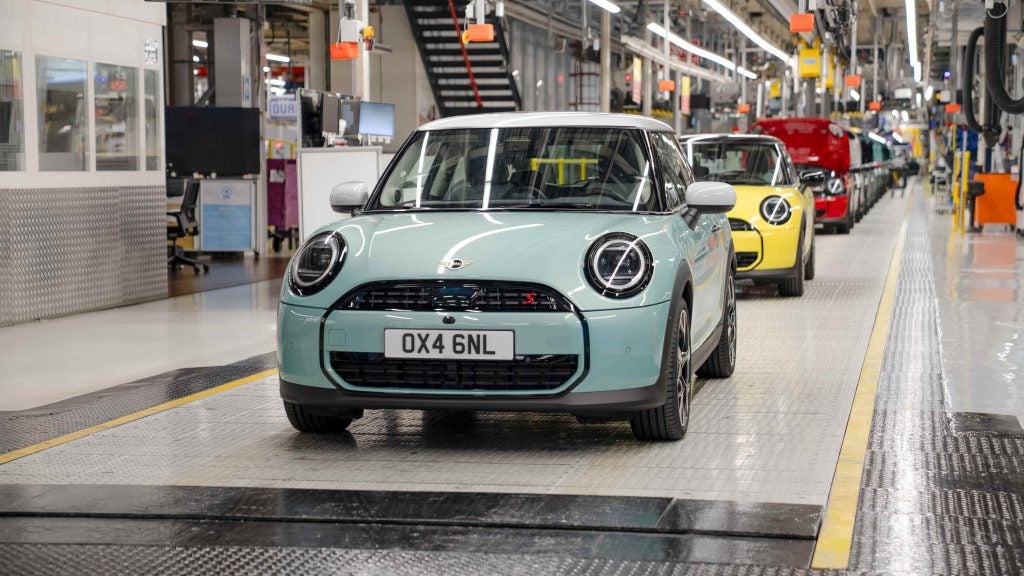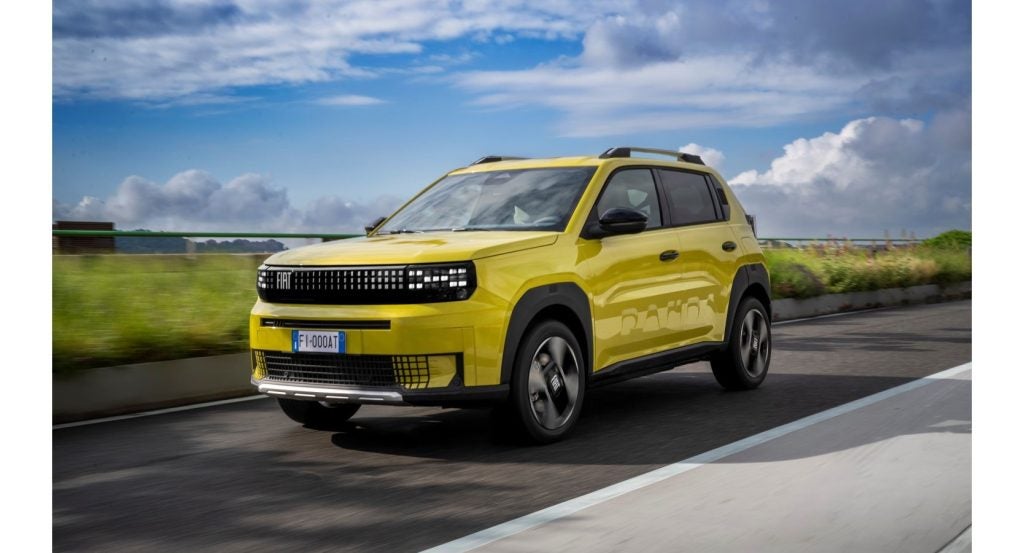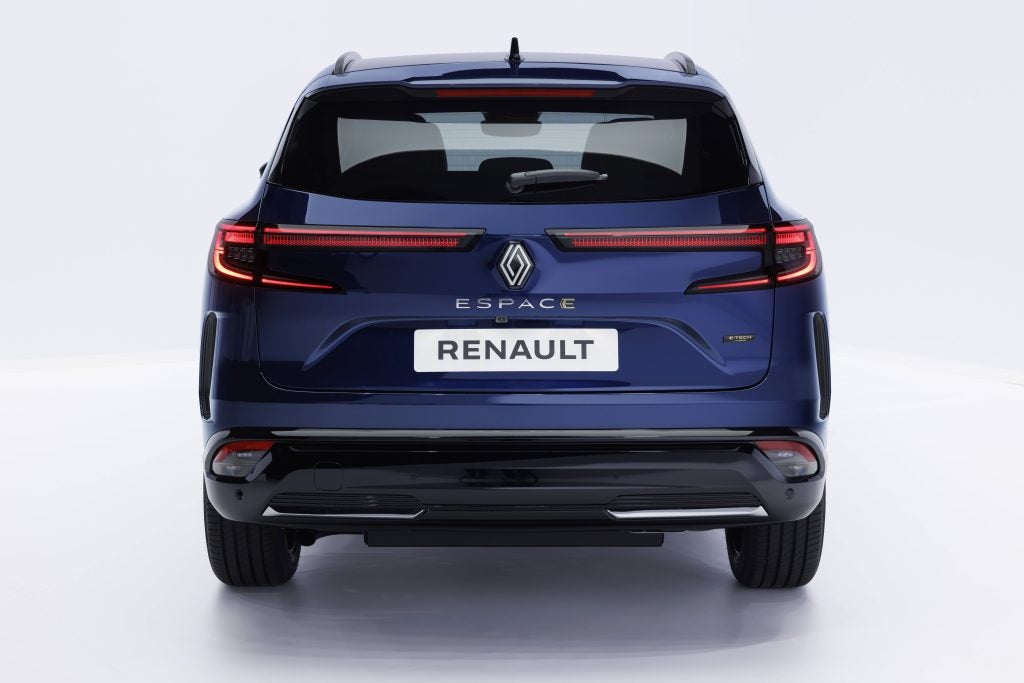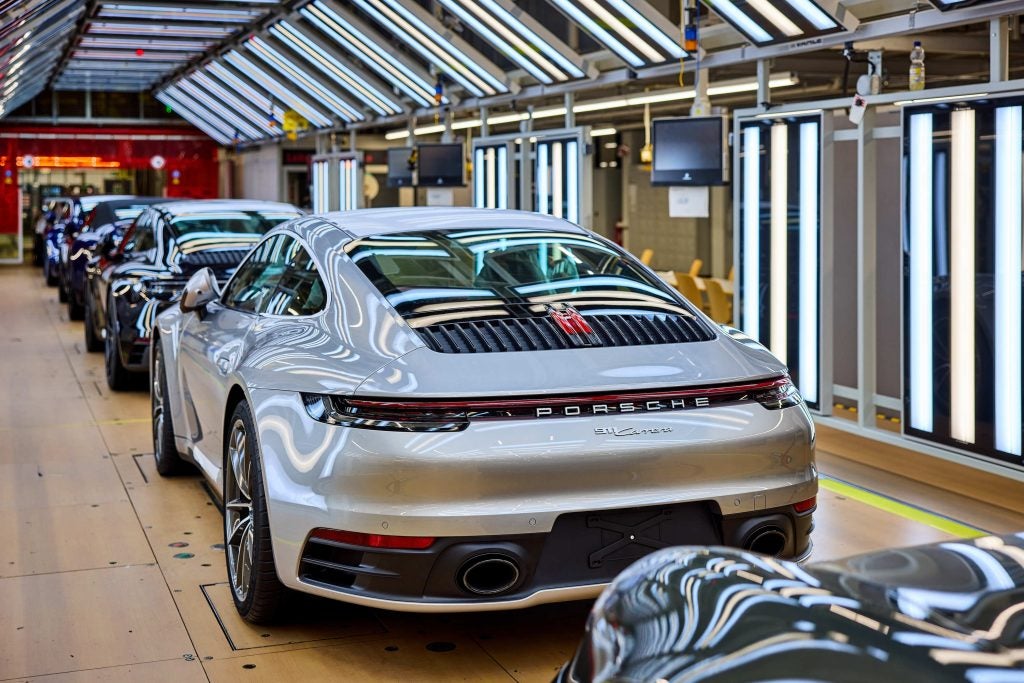Rio Tinto's planned lithium project in Serbia was expected to attract EUR6bn (US$6.5bn) in investments and create 20,000 jobs, infrastructure minister Goran Vesic has said.
Battery and electric car manufacturers would set up facilities in Serbia and use domestic lithium for production, Vesic said in an interview with local TV reported by SeeNews.com.
He added Serbia attracted EUR4.5bn in investments in 2023.
Discussing the environmental impact of Rio Tinto's $2.55bn Jadar project, the minister stressed that the government insists on the highest ecological standards. Rio Tinto was due to submit an environmental impact assessment study for the mine, Vesic added.
Vesic also said the memorandum of understanding between Serbia's government and the European Union (EU) on the joint participation in the Jadar development signed on 19 July was a turning point for the country.
The minister noted Serbia was seeing concrete economic benefits from the EU accession process for the first time since it started membership talks.
"Serbia has become part of the European industry," Vesic said.
Serbia signed the agreement with the EU after reinstating permits for Rio Tinto lithium mine in the Jadar Valley in the western part of the country. The project had caused a wave of protests over environmental concerns, but a recent constitutional court ruling paved the way for the development to continue.
SeeNews noted Serbia's president Aleksandar Vucic had said in a recent interview with the Financial Times the planned mine was projected to produce 58,000 tons of lithium per year, enough for 17% of EV production in Europe or about 1.1m cars.
Rio discovered the reserve of jadarite, named after the Jadar Valley, in 2004. The Anglo-Australian miner planned to complete the construction of an underground mine at the site in 2026, the report said.


